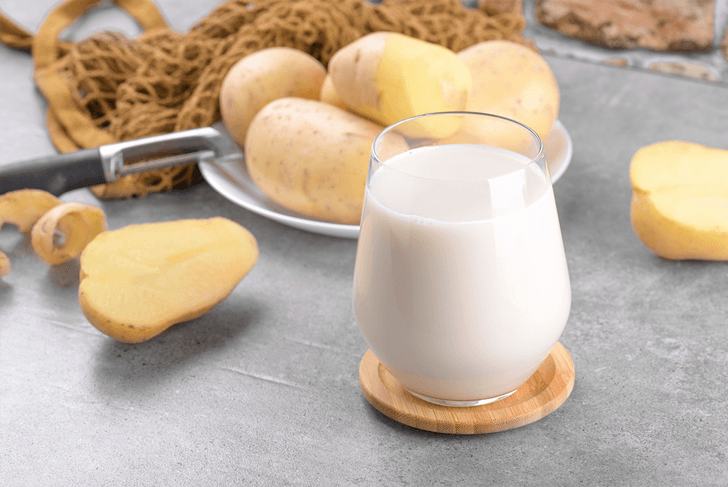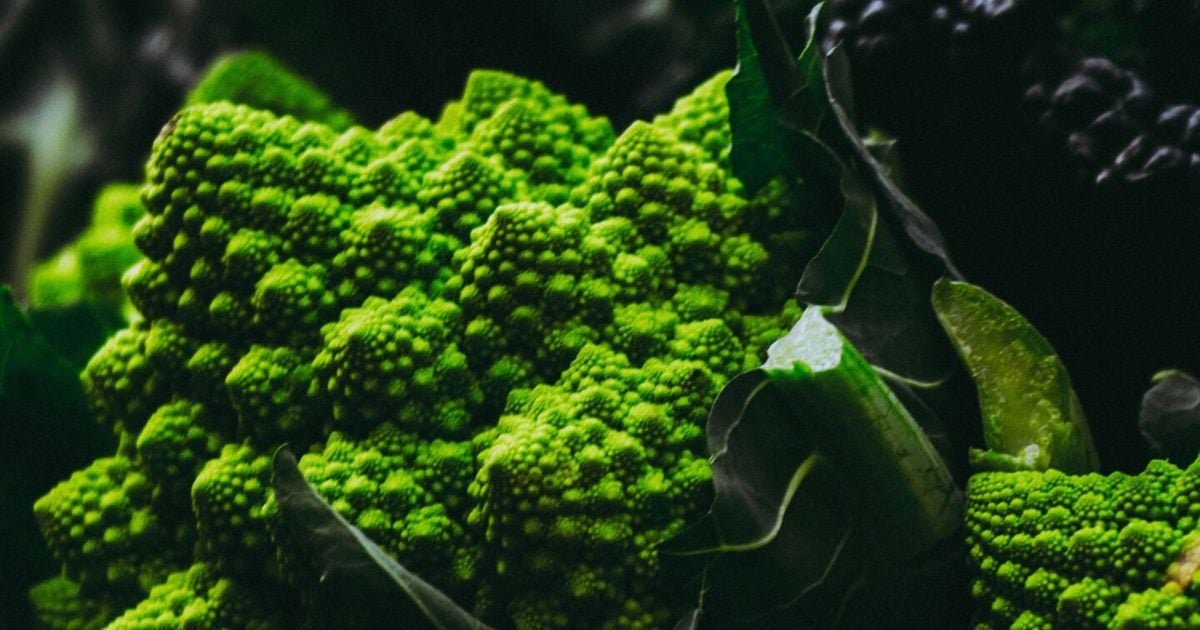Understanding Potato Milk
Potato milk, in its simplest form, consists of a blend of peeled, cooked potatoes and water. To enhance its natural earthy taste, many home recipes suggest adding a pinch of salt, a sweetener, and vanilla extract.
As a plant-based option, potato milk is vegan (unless honey is used as a sweetener). It does not contain the hormones or antibiotics often associated with non-organic cow’s milk. Additionally, potato milk is free from soy, nuts, gluten, and casein, making it a suitable choice for those with food sensitivities.
Thanks to Professor Eva Tornberg from Lund University in Sweden, who innovated the process of combining potato milk with rapeseed oil to create a creamy, shelf-stable vegan beverage, potato milk has gained popularity in international markets.
Pros and Cons of Nutrition
The notion that potatoes are a “bad” carb-heavy food is misguided. Nutritionists affirm that potatoes are highly nutritious, packed with vitamins, minerals, and antioxidants, notably iron, potassium, vitamins C and B6, and polyphenols.
When potatoes are cooked and blended with their cooking water, many of their nutrients transfer into the milk. Potato milk offers a calcium content comparable to cow’s milk and provides even more iron than some non-dairy alternatives.
Some nutritional benefits of potato milk include:
– Only 70 calories and 2 grams of sugar
– 30% of the recommended daily calcium intake for adults
– 14 times more iron than a cup of dairy milk
– Zero fat or saturated fat
According to the GI Nutrition Support Team at the University of Virginia, potato milk shares similar core nutrients with rice milk. However, the low protein to carbohydrate ratio of potato milk shouldn’t deter you; consuming chilled precooked potatoes, such as in potato milk, introduces healthy resistant starches to your diet, which can reduce the impact of carbohydrates on blood sugar and enhance sugar and fat metabolism.
Understanding Sustainability
Potato milk’s rise in popularity is largely due to its sustainability credentials. Advocates claim it has a smaller carbon footprint compared to dairy, with emissions of only 0.27 to 0.31 kg CO2e per kilogram.
Potatoes also require significantly less land and water to grow than raising dairy cows, resulting in a lower environmental impact than dairy products. Furthermore, in comparison to many bases for non-dairy milks, potatoes meet numerous sustainability criteria. Research shows that growing potatoes:
– Requires 50% less land than oats
– Uses considerably less water than nut crops like almonds
– Emits 69% less CO2 compared to rice
Availability of Potato Milk
If you’re looking for a cold glass of ready-made potato milk or wish to add its frothy texture to your dairy-free latte, currently, your best bet is to order it online. While commercial potato milk options are emerging in stores across a few European nations, they are not yet accessible in the US or Canada.
Another advantage of potato milk is that it’s simple to make at home. There’s a rich array of online recipes available for enthusiasts eager to create their own. With just a few ingredients and a blender, you can enjoy DIY potato milk and feel good about embracing healthy, sustainable eating.
Making Your Own Potato Milk
Crafting your own potato milk is a delightful and straightforward process. You can personalize this essential recipe by introducing your favorite spices, natural flavors, or nut butters and flours.
Ingredients:
– 4 cups of water, divided
– 1 large potato (approximately 1 1/4 cups diced)
– A pinch of salt
– 1 tsp vanilla extract (optional)
– 2 Tbsp honey or alternative sweetener (optional)
Instructions:
1. Peel and dice the potato. Bring 3 cups of water to a boil, then add the potato and salt. Cook until tender.
2. After removing from heat, let it cool slightly before transferring the potatoes and cooking water into a blender.
3. Add the remaining cup of water and any optional ingredients (if using), then blend on high for about 5 minutes.
4. Strain the mixture through a cheesecloth and keep it in the fridge until cold. Enjoy!






